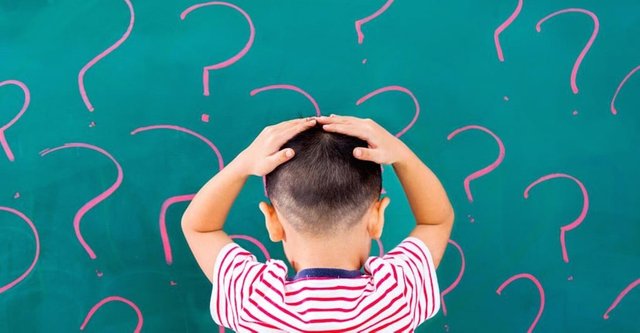The condition of low levels of social anxiety was once thought of as a disorder in adulthood. Today, however, this is changing as more studies are being conducted to understand how childhood events can affect one's life in later years. Research has been done to determine how childhood experiences can influence one's adult behavior as well.

While many people with higher levels of childhood social anxiety and depression incorrectly believe that they will be alone in their lives, it is far from true. As I mentioned earlier, people with low levels of social anxiety may underestimate their own social liability or overestimate their social liability. Those with depression also have a tendency to underrate their social liability or overrate it. These two conditions are actually similar in that they both cause an individual to have very low levels of social confidence and often, depression.
When we talk about depression, we tend to focus on how it affects someone who has higher levels of childhood or adult depression. Depression is considered a normal response to a certain situation, when the person is faced with a situation that they do not feel at ease in. Unfortunately, these feelings of anxiety and low self-esteem can lead to depression. Depression can also result from the loss of relationships that the person may have had. Because of this, many adults with low levels of social anxiety are at risk of developing depression as adults.
Many people with lower levels of social anxiety tend to have a problem with depression, although this may be due to other factors than their anxiety. Researchers have been researching for several years how genetics and environment interact to affect depression and anxiety. The study has shown that children with higher levels of social anxiety who have been exposed to higher levels of family stress, whether through abuse or divorce, have a much higher chance of developing low levels of social confidence and lower levels of self-esteem. This finding suggests that stress and family life together can actually increase the risk of depression in adulthood for individuals with lower levels of social anxiety.
Although the link between childhood and adult depression is fairly clear, the connection between social anxiety and depression is not so clear. It is possible that some people who have high levels of anxiety have depression, while others who have low levels of anxiety don't have depression. Research has indicated that individuals with low levels of social confidence and social anxiety have a much higher chance of being diagnosed with depression.
Another interesting fact about depression and social anxiety is that it is not a simple correlation. The reason that some individuals are susceptible to both conditions at the same time may have to do with genetic factors or with the type of environment they were raised in. Researchers have also found that those who suffer from both anxiety and depression at the same time have a much higher chance of developing an anxiety-related disorder.
When it comes to finding the cure for low levels of social anxiety, research shows that both genetics and environment can be effective in preventing and reducing the severity of this disorder. The key to finding a cure is learning how to deal with the anxiety or panic attacks that you are having when they occur and in learning how to cope with your fears in the future.

If you are having trouble coping with anxiety and panic attacks, it would be beneficial to speak with your doctor regarding the possibility of taking medication and therapy to treat the cause of your social anxiety and/or the symptoms of it. These options may be used in conjunction with one another to help you overcome your disorder.
Good points. A very important matter that is rising in our environment.
Downvoting a post can decrease pending rewards and make it less visible. Common reasons:
Submit